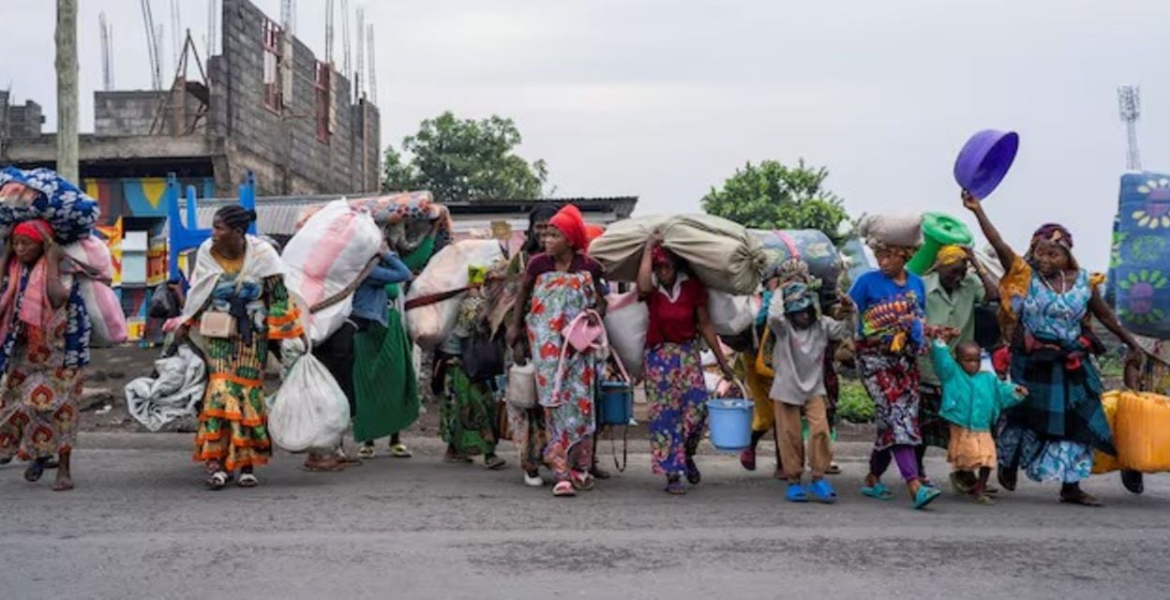
Goma
- 286 views
Goma, the largest city in eastern Congo, has descended into chaos following a significant military offensive by the M23 rebel group, which is reportedly receiving support from Rwanda.
The situation has rapidly deteriorated, prompting widespread violence and overwhelming the local healthcare system as residents flee the renewed conflict. On Monday, the M23 rebels initiated their most extensive assault since 2012 by advancing into Goma. This escalation of hostilities feeds into a long-standing conflict in the region that has been ongoing for nearly thirty years, rooted in the aftermath of the Rwandan genocide and exacerbated by the struggle over Congo's rich mineral resources.
Goma, already a critical hub for displaced individuals and humanitarian efforts, now faces another surge of displacement as thousands escape the fighting. Congo's government and United Nations peacekeeping officials have confirmed the presence of Rwandan military forces supporting the M23, which Rwanda defends as actions taken in self-defence against Congolese militias.
Armed confrontations are ongoing, with residents reporting both the surrender of some soldiers and continued resistance from others. Neighbourhoods, particularly near the airport, have become battlegrounds characterized by regular exchanges of gunfire and explosions. The humanitarian consequences of the violence have been dire. Reports of rape, looting, and assaults on humanitarian facilities are emerging amid intense small arms and mortar fire throughout Goma.
Jens Laerke, spokesperson for the UN humanitarian office, describes the situation as catastrophic, with hospitals overwhelmed by casualties and forced to treat patients in hallways due to the influx of the wounded. The conflict has also inflicted severe damage on critical infrastructure, including a medicine warehouse and a laboratory housing dangerous pathogens such as Ebola. The unrest is not confined to Goma; it has triggered protests in Kinshasa, where crowds have reacted with anger toward embassies viewed as supporters of Rwanda.
Demonstrators have targeted Rwandan, French, and American embassies, among others, leading to clashes with police who resorted to tear gas to disperse the crowds. The international community and U.N. officials fear that this escalating violence has the potential to spiral into a regional conflict reminiscent of the catastrophic wars of the late 1990s and early 2000s that resulted in millions of deaths primarily due to hunger and disease.
